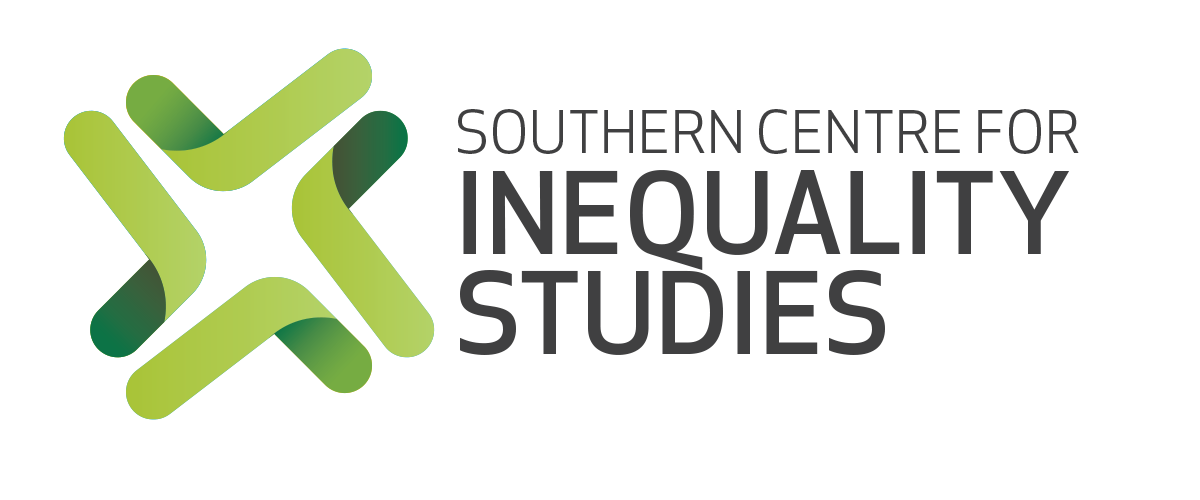7Qs for Academics: Zerihun Berhane
- SCIS
Today we speak to Zerihun Berhane, an Assistant Professor in the Center for African and Asian Studies at Addis Ababa University.
This is an ongoing series where we introduce some key researchers and academics getting to understand their work, their developing research interests as well as what keeps them engaged.
Explain the nature of your work and/or how it relates to inequality.
My work deals with the nature of social protection in Ethiopia in terms of its type and scale including the historical role of contentious politics. It also looks into how social protection is implemented with regards to coverage, adequacy of benefits, and the role of digital technologies. Since it makes the case for a more comprehensive and equitable social protection intervention in Ethiopia, it is directly related to inequality and argues that given massive unemployment, rampant poverty and inequality in Ethiopia, social protection schemes that partially substitute lost incomes have the potential to promote inclusive development. This is particularly important as inequality remains persistent among children, youth, women, the elderly and persons with disabilities. Therefore, in my work I strongly argue for the need to implement statutory non-contributory social grants such as old-age pensions, child grants and disability grants to tackle this challenge.
Why do you think inequality remains such an intractable social and economic problem?
In my opinion, inequality remains an intractable problem due to the lack of strong political will on the part of governments to implement policies that are geared towards realising equitable growth and distribution of resources. For instance, several developing countries that had experienced relatively high rates of economic growth experienced the worst forms of inequality as the growth brought little in the way of significant benefits to their poor. In fact, with economic growth, inequality between citizens becomes wider and rather than achieving trickle-down, most countries experienced trickling-up and trickling-out.
What continues to keep you engaged in your work or areas of research?
As a person involved in academia, I enjoy what I do and consider it more fun than a task to be accomplished with a limited time-frame. I also enjoy learning something new and enjoy the process of engaging in research as a satisfying endeavour having intrinsic value and satisfaction.
What is one thing your field is not focusing on that it should?
I feel that the field I am currently engaged in, that is development studies, is fairly broad as it focuses on a range of issues that traverse many sectors.
Who are some academics (in your field or otherwise) whose work you follow closely? Why?
I follow the works of many academics in my field such as Stephen Dercon, Stephen Devereux, Daron Acemoglu, Dambisa Moyo, Paul Collier, John Hoddinott, Alemayehu Seyoum, Alemayehu Geda, and Guush Berhane to name a few. I follow their works because of their focus on developmental problems in the global South such as poverty, inequality, and social protection.
What books are you currently reading?
I am currently reading Achille Mbembe’s Necropolitics, which I will be reviewing for a publication in the journal, African Studies Quarterly. I am also reading Africa in Transformation: Economic Development in the Age of Doubt by Carlos Lopes; Economics in the age of COVID-19 by Joshua Gans and Good Economics for Hard Times by Nobel winning economists, Abhijit Banerjee and Esther Duflo.
Complete the sentence: “The first thing I do each morning once I get up is …
... go jogging, I do this five days a week,”


